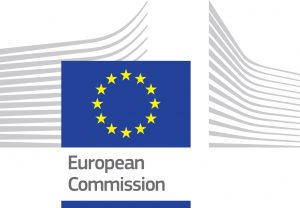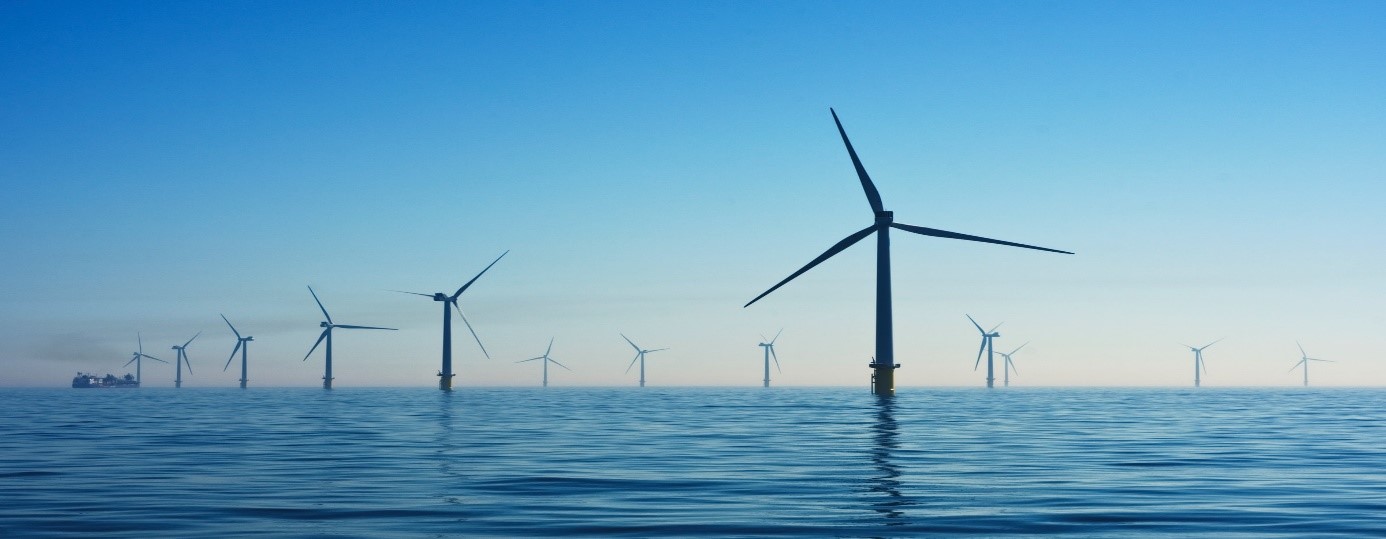© Nicholas Doherty/Unsplash
The aim of the request is to examine the multi-level impacts of the planned expansion of wind energy production at sea, including cumulative impacts on marine ecosystems and on the achievement of good environmental status (GES). Such analysis is critically needed considering the increase in challenging targets for renewable energy sources that need to be achieved by Member States in the coming years, a large percentage of which are likely to be offshore. Existing studies on cohabitation between offshore wind energy production and nature tend to focus, in particular, on marine protected areas (MPAs) or the protection of species (e.g. birds). Existing knowledge misses an analysis relevant to all the dimensions (descriptors) of good environmental status as per the Marine Strategy Framework Directive (MSFD). Such analysis, which includes literature reviews and scenarios modelling, should look at how offshore wind energy expansion might affect the achievement of GES, considering the GES threshold values set by Member States for a number of GES criteria (such as seabed loss, impulsive noise, contaminant levels, species abundance, etc.) and the subsequent cumulative impacts. The study should empower the Commission to propose solutions, including in the context of the Member States’ MSFD Programmes of Measures and the MSFD review, to make sure that offshore wind energy expansion does not impede the achievement of GES under the MSFD, considering the entire lifecycle of offshore wind power plants (including their decommissioning), whatever the type of turbine (monopiles, floating, tripods, etc.). These solutions could, for example, relate to marine spatial planning (e.g. current developments in the context of the Greater North Sea Initiative), in particular considering the cumulative impacts of other human activities on the marine environment. Identification of other solutions (for instance technological) would also be welcome.
The planned developments of offshore wind production in order to achieve the targets set in EU and national legislation and policies are likely to be at such a large scale that they will have impacts on marine ecosystems and marine ecosystem functioning, including seabed habitat loss, disruption of migratory routes of mobiles species, including birds and cetaceans, deadly collisions with birds, disruption of feeding and breeding grounds of a number of species, underwater noise during development and maintenance, input of contaminants and litter and changes to hydrographical conditions. Almost all descriptors of good environmental status are likely to be impacted by these developments.






